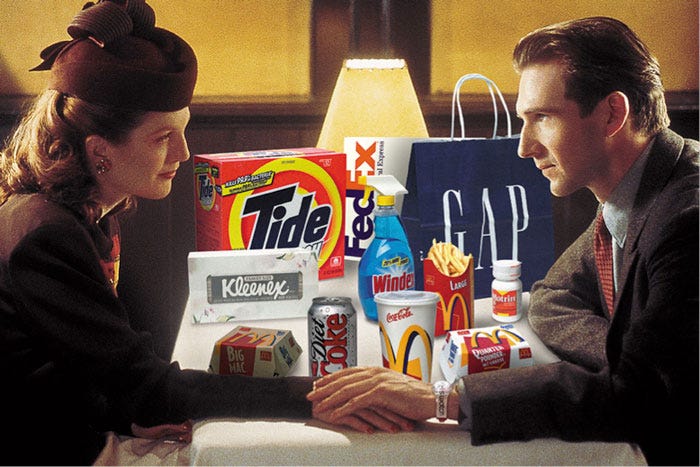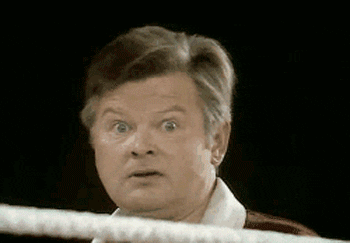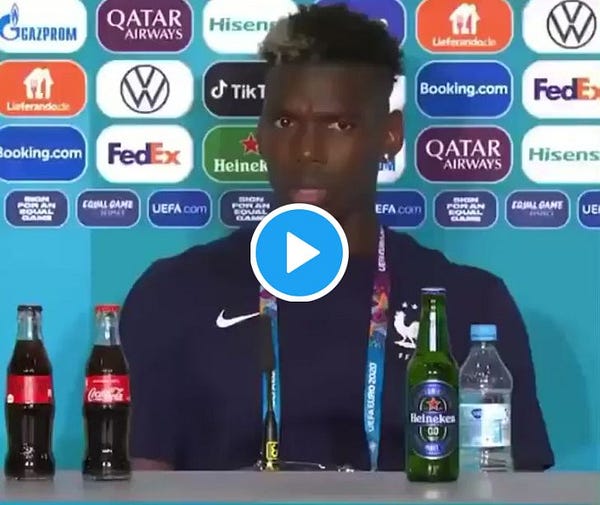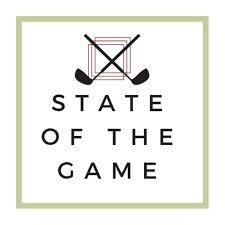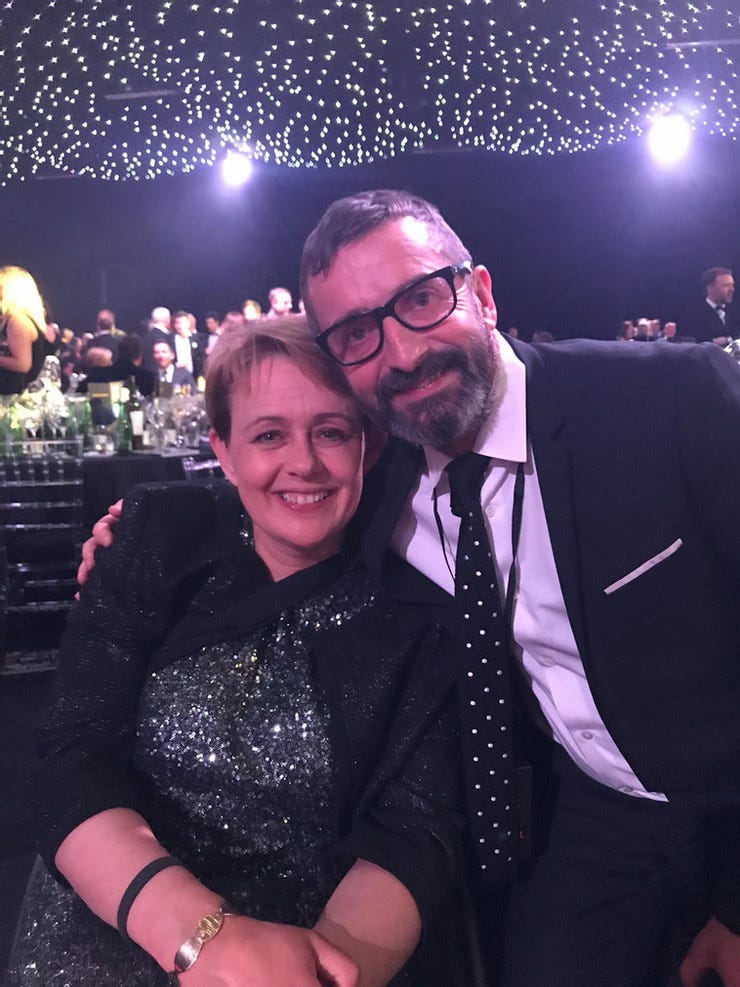Pogba's greatest endorsement; Canaries enter mineshaft; Zelig's Coming Home; BK8 and the ghost of Benny Hill; The wrong rights, sport's digital asset gap; SVOD churn and The Great Rebundling
The newsletter of the podcast
Canary enters mineshaft
(btw, I’m aware this headline doesn’t quite make sense as a joke in the context of the following story, but it was close enough as to be irresistible)
What happened?
The difference between sales and marketing is the talk of Norwich this week.
The story in three beats:
‘Overseas Betting Partner’ runs an activation that has seems to have taken creative inspiration from The Benny Hill Show in 1974, featuring young women and hot dogs.
Outraged of Norfolk - and the club’s very publicity aware ownership - have their fall guy.
But there’s a lingering feeling that Ben Kensell, the club’s commercial director, has paid the price for doing little more than what he’s paid to do, aka getting money in the door during a pandemic. This from the previous link offers a balanced view.
But Kensell’s seven years at Norwich saw a transformation to City’s commercial strategy…Even his harshest critic would accept in unprecedented times he leaves the commercial operation in a better state than he inherited it.
BK8 have previously been endorsed by other, high profile sports names, including Robin van Persie, John Terry (ahem) and the Spanish Football League.
Why do we care?
Sport and gambling is a knotty problem.
But the sector either makes a stand and gives up betting cash, or takes the money and lives with the PR consequences, many of which will be obvious to anyone spending a few minutes looking at the way the ‘Overseas Betting Partner’ promotes itself.
Liquid assets pt1
Quite the week for sugary drinks and beer.
The Euros press conference stage has led the news agenda, as first Cristiano Ronaldo and then Paul Pogba moved aside the bottles of UEFA sponsor brand products Coke and Heineken respectively.
Cue a veritable smorgasbord of hot takes, including Ronaldo as fatally flawed health ambassador and the fantastically inept news cascade linking the incident to Coke’s share price.
My working theory is that the audience is always at least two steps ahead of the media when it comes to parsing the meaning of this type of story.
By the time journalists have written up the first bounce - ‘Ronaldo disses Coke’ - the reader has moved on to question Brand Ronaldo’s credentials on healthy messaging and made an accommodation that two things can be true at the same time.
For example: you probably don’t get to look like Ronaldo by drinking full fat Coke on a regular basis AND Ronaldo has taken money from Coke, KFC and other brands, so yes he’s a flawed voice but he’s not wrong that water is a better alternative.
For similar reasons, I find the Pogba story more interesting.
I’m betting there are plenty of people who saw this story who hadn’t noted Pogba’s journey to embracing the Muslim faith.
This from The Times podcast in 2019 changed my view on the brand and the person behind it.
Pogba: Islam is not the image that everyone sees – terrorism… What we hear in the media is really something else, it's something beautiful.
You get to know it. Anybody can find that he feels connected with Islam. It came because I have a lot of friends who are Muslim. We always talk. I was questioning myself in a lot of things, then I started doing my own research. I prayed once with my friends and I felt something different. I felt really good.
Drink beer, don’t drink beer. That’s not something I need guidance on (and I quite like Heineken’s 0.0 btw).
But Pogba’s views on Islam are by far the most powerful endorsement message of his career.
And this week’s Euro press room snafu took that message to a far wider audience.
Liquid assets. Pt2
Wimbledon is encouraging patrons to bring their own water bottles to the Championships.
Good for them.
Given the promotional role of the packaging - see Euros story above - I’m wondering how this impacts on their deal with Evian, the official water partner.
The water category is under pressure to help the plastic problem and Evian has previously activated around the theme of recycling at the Championships.
Encouraging fans to bring their own is an interesting step, and sends a good message.
It also took me back to another life time, when I was gainfully employed as cricket correspondent of The Irish Times.
I spent what felt like years at the 2007 ICC Cricket World Cup in the Caribbean, and witnessed what remains the single most shocking instance of sponsorship rights protection I’ve witnessed first hand.
In 90 degrees of heat, security guards at the gate of Sabina Park in Jamaica were searching the bags of cricket fans and removing bottles of water that weren’t those made by Pepsi, the then ICC sponsor.
Noted: Facebook’s VR move
Peter Hutton was notably bullish on VR in his recent UP podcast appearance.
And this week saw Facebook buy out VR game studio BigBox, one of several recent acquisitions that bolster the argument that VR remains central to the firm’s strategy, adding Messenger to Oculus Quest and Quest 2. The feature is tied to Oculus Party creation so you can jump into a game together from a conversation. According to UploadVR, the feature marks another step on the path of backing social VR features with a Facebook account. This from a FB blog post:
“Starting this week, we will begin rolling out Messenger on Oculus to people who have logged into Quest and Quest 2 using their Facebook account. With this update, you can choose to chat with your Facebook friends anywhere they have Messenger, even if they’re not in VR. You can reach them without taking off your headset—and they can chat with you too. Write messages however you’d like, whether typing them out in VR, selecting a pre-written conversation starter, or using our voice-to-text feature. And if you’re chatting with your friends in Messenger and decide you all want to play together, you can easily create an Oculus Party so you can jump in and play the same game together.”
Watching England games might never be the same again.
The wrong rights. Sport’s digital asset gap, quantified
What happened?
There’s a revealing stat in tomorrow’s podcast, one that’s worth pausing over for a moment.
We put sports marketing in to the broader media sales context, with three people from across the Omnicom marketing network.
Louise Johnson is CEO of Fuse, Omnicom’s sport and entertainment shop, with clients including PepsiCo, Barclays, FedEx, Nissan, Vodafone, Royal London, EasyJet and Klarna.
Louise is joined by Dan Clay, CEO of Omnicom Media Group and Bhavin Balvantrai, Chief Market Analyst, OMG Group UK.
The magic number is 18.5%
Fuse analysed the commercial inventory from 35 sports rights holders, based on packages the agency had access to, from early to mid sales cycle.
On average, 18.5% of the value of the packages was driven by digital inventory. This compares to 70% of total ad spend going to digital in the UK.
That’s quite a gap.
Why do we care?
This is a useful data point to add to the anecdotes around the impact of digital on sports marketing.
One reading of the 18.5% figure is that sport is not selling what brands want to buy.
But there’s a but
What’s the message to be taken from this conversation? And what are the mistakes that could accrue?
The value of sport sponsorship is famously tricky to compare to generic media.
For years, ESA has spent entire conferences arguing that the value of sponsorship is more than its media component. This is true of TV ad equivalent valuation models and their digital iterations.
And if sport is ONLY a way of flogging digital media, it wastes the big power signals that come with sponsorship as a marketing form.
The other problem is more prosaic.
Armed with the 18.5% figure, commercial departments could view it as a license to create more and more ‘digital stuff’ to sell to clients, most of which will be at the ‘noisy shit’ end of the media content spectrum.
Back to that sales v marketing thing again.
Listen to the full podcast here.
Clickbait headline: SVOD churn and The Great Rebundling


The best podcast you’ll hear on golf’s breakaway moment
State of the Game is always good, but this episode on the Premier Golf League is exceptional.
See also: ‘What’s the best golf can be?’. Good interview here with Andy Gardiner, the head of PGL, with Global Golf Post.
Then and Now: Zelig’s Three Lions anniversary
Euro2020 offers a chance to celebrate Unofficial Partner co-founder Sean Singleton’s critical role in football history.
The year was 1996 and the nation needed someone willing to do literally anything to get on telly.
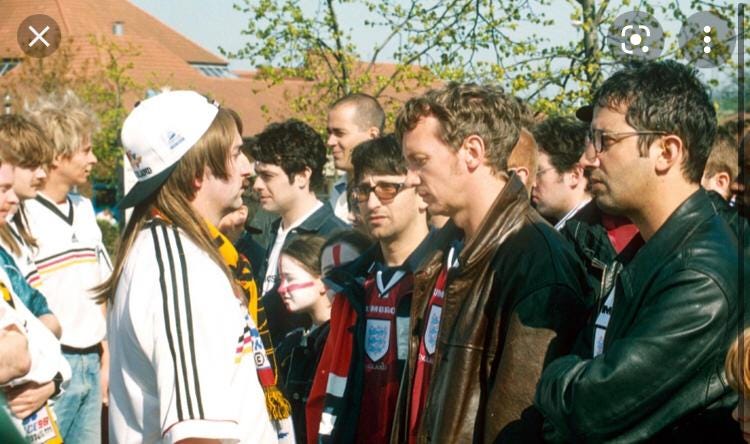

The film was the launch pad for something Singleton refers to as his ‘career’, one that’s seen him sidle up to some of sport’s household names, lending him the air of a far more talented person.
Go deeper: Zelig at the BT Sport Industry Awards
Deeper still: Watch the whole thing.
Enjoy the Unofficial Partner newsletter? Tell your friends
Subscribe to the Unofficial Partner podcast.
Help us game the Substack algorithm by liking this newsletter and spread the word on social media.
Follow @RichardGillis1 and @PaulPingles (aka the ill-judged Twitter handle of Sean Singleton, the UP co-founder).
Read over 100 gushing five star reviews for UP on Apple Podcasts - click the link to add yours.



